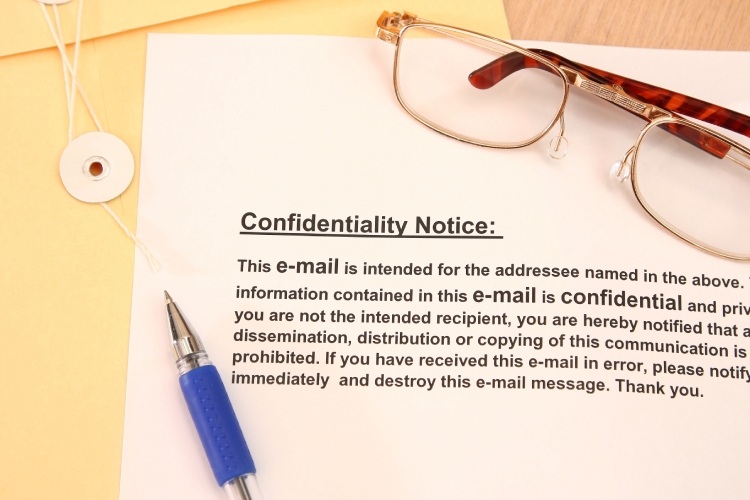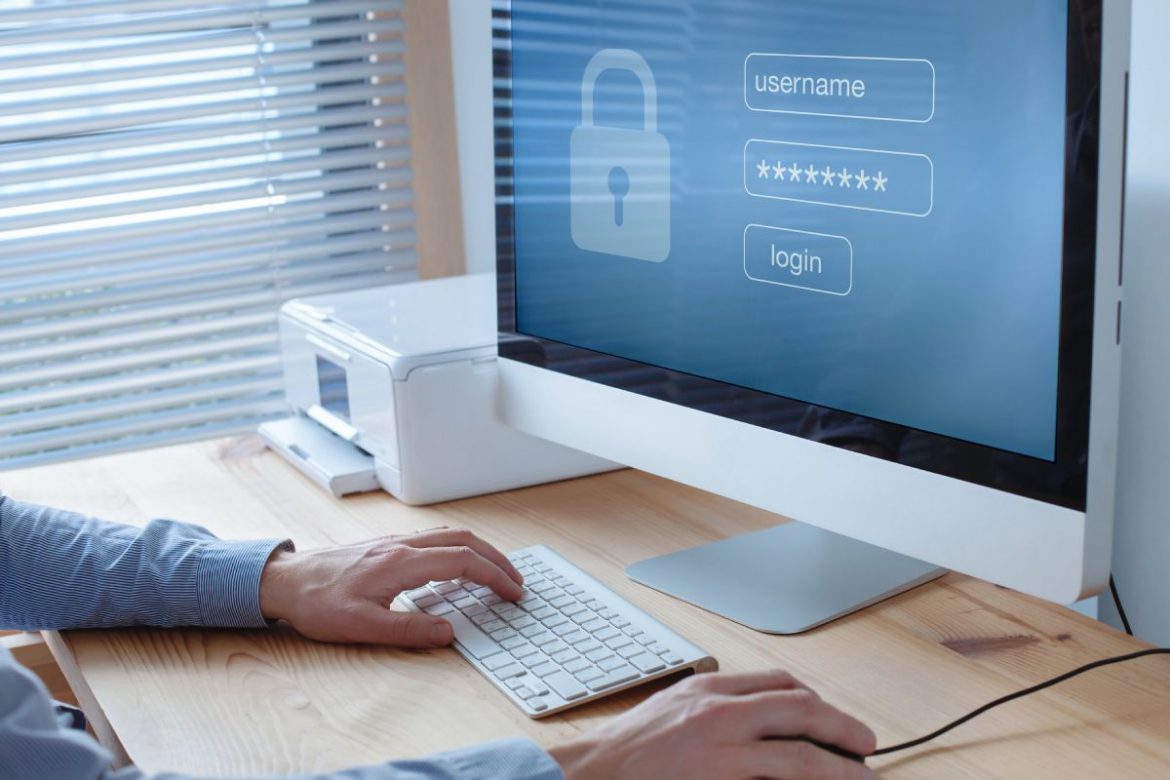Top 6 Tactics To Ensure Email Confidentiality – Over the last two decades, emails have become a primary communication channel in business. Today, millions of emails every single day are delivered. With many companies setting up their emails, most users find sharing confidential information via company emails safe.
All employees are aware that this information is classified as confidential. Businesses should clarify and deploy good email security practices and inform their staff of risks associated with email security.

However, few people view email messages as open postcards whose confidentiality can be unallocated. Whatever the case, ensuring email confidentiality is critical in securing business information.
Table of Contents
What Is Confidential Information?
Email confidentiality starts with determining which information must manage as confidential in a business setting. There’s a wide range of information that businesses consider confidential. These include:
- Customer information
- Contract details
- Team member information
- Product innovations and development information
- Business strategies
If you want to boost email security in your business, here are five tactics to help you do so:
Tactics For Ensuring Email Confidentiality
1. Invest In A Secure Email Service
Email confidentiality can only work if you provide your employees with a secure private email platform and its information. Having prohibitions and rules alone cannot secure electronic messages as these tend careless when people hurry.
To avoid this, train your team on the importance of email security and provide them with the email service they need to send emails securely. Pay attention to usability when sourcing for an email service.
Opt for a solution that’s easy to use. The more time or effort a solution requires, the less likely your team will use it. Getting a simple, easy-to-use, and reliable email solution encourages usage.
2. Apply Strong Email Passwords
Passwords play a critical role in maintaining email confidentiality. Ideally, your password is the only barrier between identity theft and your private information. This highlights the importance of making your passwords as strong as possible.
The most effective way to create a strong password is to observe length. The longer your password, the better. Also, use a mix of lower and uppercase letters, symbols, and numbers. Most importantly, avoid using dictionary words and ensure your password doesn’t connect to your personal information.
3. Encrypt Your Emails
Another tactic that companies can employ to ensure email confidentiality is encrypting confidential emails. This involves disguising the email content to protect information that may be potentially sensitive from being seen by unintended recipients.
Businesses should invest in specialized tools with automatic encryption features to secure their emails. Ideally, encryption should be at the connections from the email provider, actual email content, and archived or cached email messages.
Encrypting email provider connection keeps unauthorized persons from accessing email messages or login credentials as your messages leave the email provider’s server and move from one server to another on the internet.
Email message encryption ensures the content is unreadable to anyone who attempts to hack or intercept your emails. Encrypting cached or archived emails makes them illegible to hackers who might access your account or device.
4. Add A Two-Factor Authentication Feature
Two-factor authentication can add an extra security layer that strengthens email confidentiality in your business. The authentication process requires anyone trying to access your account to provide a temporary passcode generated and sent to your phone by your email provider.
The two-factor authentication feature also notifies you if someone tries to log into your email account.
5. Keep Off Phishing Scams
Avoid opening or responding to emails or text messages that ask you to reveal private information. Often referred to as phishing scams, such emails pose substantial security threats and easily result in email confidentiality breaches. If you get a message from a company you do business with, reach out to them to verify the email’s authenticity before you respond.
6. Be Wary Of Public Internet Hotspots
Hackers use public Wi-Fi or create fake hotspots to intercept emails and steal people’s personal information. This makes it risky to use public Wi-Fi as they can access information like your email usernames, credit card numbers, passwords, and bank account details.
Don’t configure your mobile devices to connect to hotspots automatically to maintain email confidentiality. Avoid using public Wi-Fi, especially if you want to do stuff that can reveal confidential information like checking emails or logging onto an online banking system.
Final Thoughts
Email confidentiality is an essential component of cyber security. Unauthorized people can access a wide range of confidential information if they access your personal or business email account. Whether your email got hacked before or you want to secure your electronic communication, applying the six tactics discussed above can go a long way in ensuring email confidentiality.


